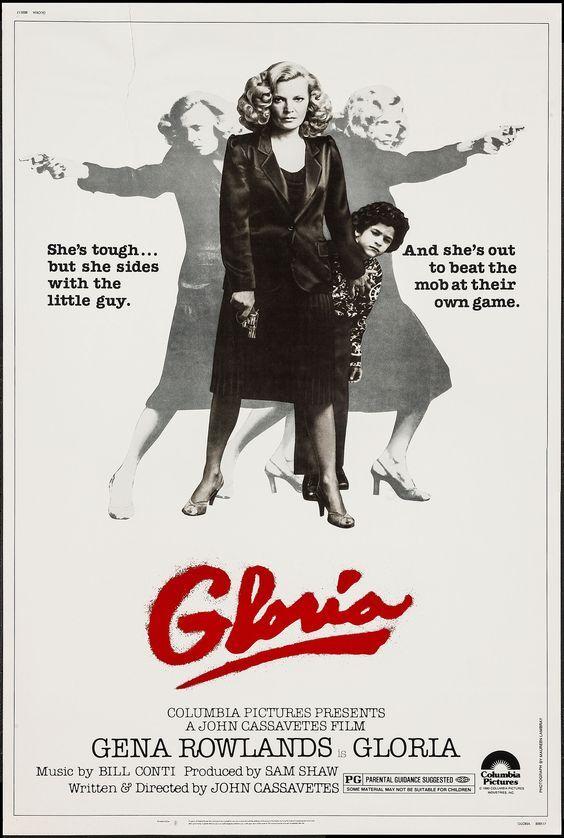“Gloria” is a film written and directed by the famous American independent director John Cassavetes. Released Oct. 1, 1980, the film follows a woman forced into caring for and protecting a young boy after his family is murdered by the mob. The unlikely duo go on the run all through New York City, learning more about themselves and each other along the way.
“Gloria,” with its clear-cut plotline and occasional gunfight, is unusual for the masterful director, who typically produces structureless films about everyday life. Nonetheless, Cassavetes and the actors manage to pack plenty of emotion and humanity into “Gloria’s” exciting runtime.
Nearly every second of the film is underscored with a profound tension and paranoia. Cassavetes imbues every stuffy New York hotel room and apartment with fear, and every closed door with uncertainty about what dangers lie behind it. Audiences are given the impression that mobsters could storm in at any moment and dispatch the protagonists with a callous pull of a trigger. This pervasive sense of worry and imminent peril is one of the film’s strongest points.
The film’s single greatest aspect is the titular character Gloria, played to utter perfection by the completely magnificent Gena Rowlands. Rowlands, a titan of an actress, was married to Cassavetes until his death in 1989. Her performance, like all the performances she gave in her husband’s films, is stunning. She carries the film, buoying a somewhat cliche story and stealing every scene she’s in from the moment she first appears in the film.
Rowlands shares most of her screen time with the young John Adames, who was just eight years old at the time of filming. Adames played the six-year-old son of a mafia accountant who gets marked for death along with his family after he is discovered feeding information to the FBI. The young boy’s family is killed at the very beginning in a particularly devastating scene, and Adames valiantly attempts to portray the grief and anger of a child who’s lost more than he can comprehend.
Unfortunately, the young actor can’t quite do his character justice. He and Rowlands wind up acting at each other more than with each other, and the disproportionate performances are occasionally jarring.
The story itself is fairly standard fare. It’s how Cassavetes handles the relationship between the boy and his unwitting new surrogate mother, as well as the tension and suspense the director masterfully injects into every scene, that make “Gloria” interesting.
The camerawork serves the story very well. Cassavetes is known for his handheld, almost improvisational style of filmmaking, but much of his traditional claustrophobic shots and tight framing are abandoned in this film. Instead, “Gloria” features wider angles of city streets or dingy hallways. New York City, in all its grimy, labyrinthian beauty is used to great effect in the film.
Overall, “Gloria” is not a typical John Cassavetes film. Nonetheless, the director’s mastery of tension and human characters, combined with the iridescent brilliance of Gena Rowlands, elevate a somewhat cliched on-the-run buddy movie story and turn it into something great.
John Cassavetes’ ‘Gloria’ still holds up on its 40th anniversary
October 1, 2020
0
Donate to The Battalion
$1815
$5000
Contributed
Our Goal
Your donation will support the student journalists of Texas A&M University - College Station. Your contribution will allow us to purchase equipment and cover our annual website hosting costs, in addition to paying freelance staffers for their work, travel costs for coverage and more!
More to Discover
















